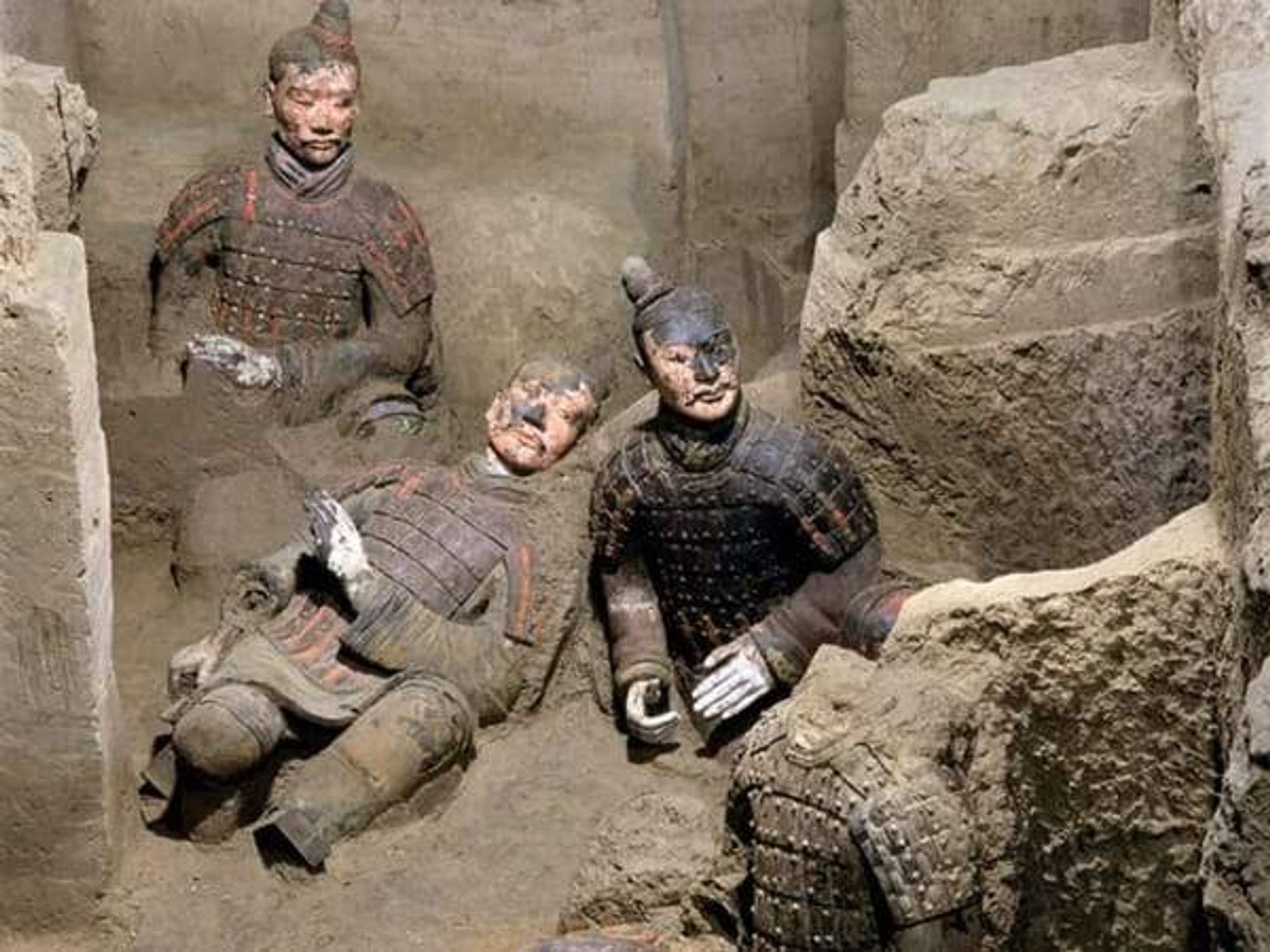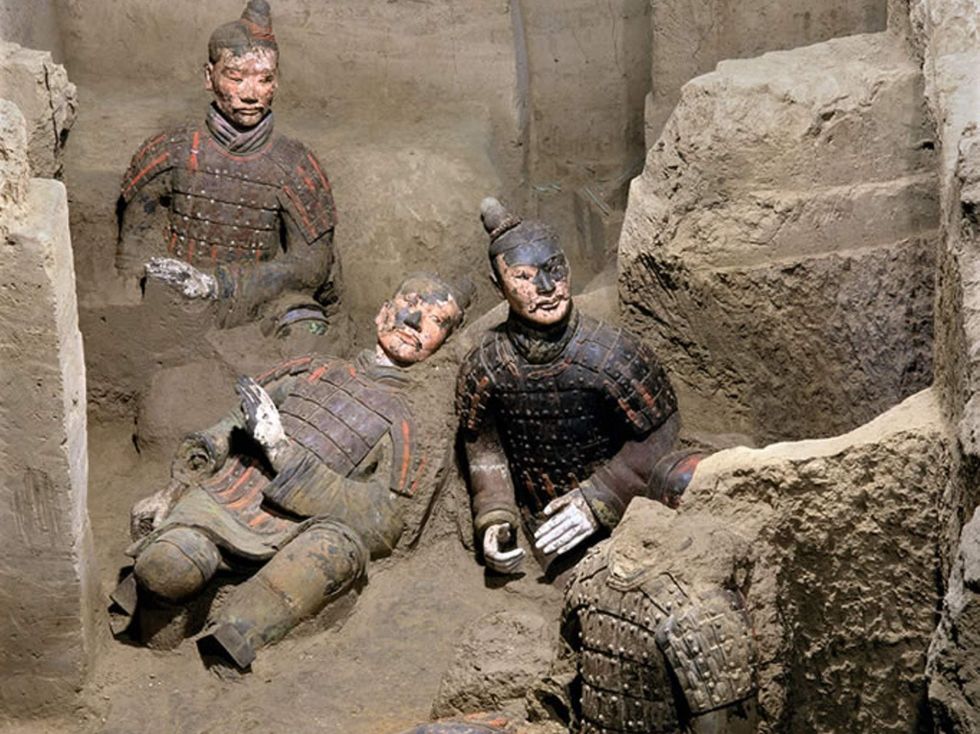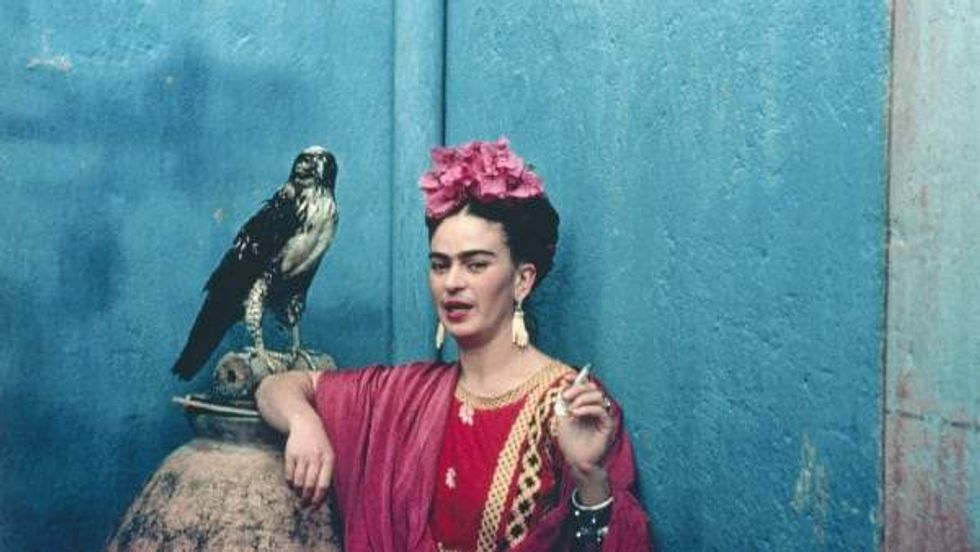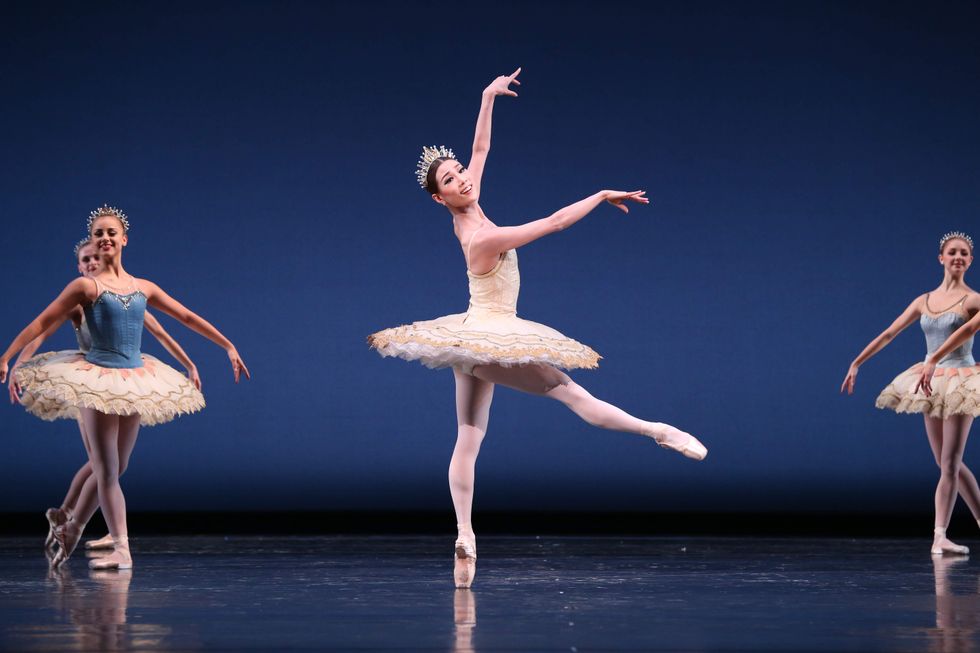Rare Birds
Can composers get a little respect? What Houston needs to connect those dots onpaper
 Milton Babbitt
Milton Babbitt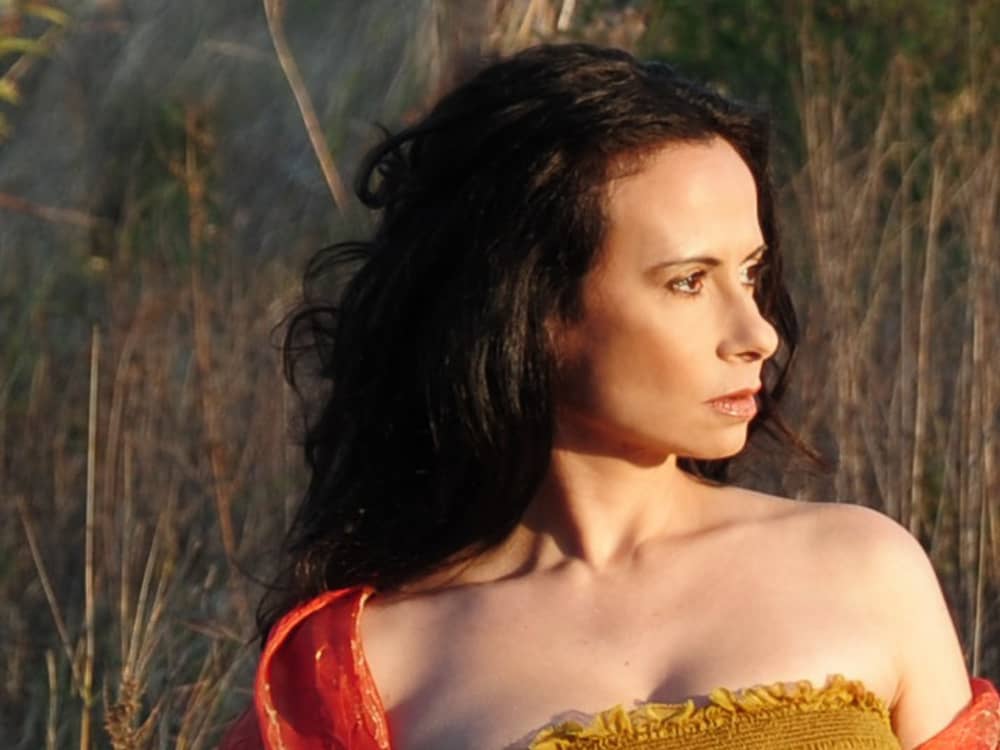 Divergence Vocal Theater's Misha PentonPhoto by Kerry Beyer
Divergence Vocal Theater's Misha PentonPhoto by Kerry Beyer
"The general consensus seems to be that music by living composers is not only irrelevant, but also genuinely obnoxious to a society which concerns itself primarily with the consumption of disposable merchandise." — Composer Frank Zappa (excerpted from his keynote address at the 1984 convention of the American Society of University Composers.)
"It's a mad scramble for crumbs." — Composer Milton Babbitt
DiverseWorks has a new director. Her name is Elizabeth Dunbar, and she was welcomed to our city by CultureMap in a recent profile by columnist Joel Luks. One of her ambitions as director is to work with artists who "delve in the intersection" of performing and visual arts.
"I think we can expect to see a new level of intelligent, thought-provoking multidisciplinary works of all types," says DiverseWorks board president Kellye Sanford. "We will see projects that engage the fuller diversity of our community, and reflect the energy and enthusiasm for the new, the cutting edge, that is the city of Houston."
But for a city that prides itself on being on "the cutting edge," its resources for composers are scarce to nonexistent. (By resources, I mean venues for performances of new music and funding to pay musicians to thoroughly review and then play all of the little dots a composer has drawn.)
Arts organizations, including Diverseworks, advocate for multidisciplinary this and cross-fertilization that while inadvertently neglecting something that Houston's creative community is missing
Frank Zappa defines composers as "decorators of time." For my purposes, I'm going to loosely define "composer" as a person who draws dots on a piece of paper for musicians to read and perform. It may surprise you that there are, in fact, a lot of composers who love drawing those dots living and working in Houston.
Many people in the jazz community and the city's growing avant-garde and electronic music scenes have scored music for classical ensembles, as well as hybrid groups of musicians from different genres. And there are plenty of well-trained, creative musicians, including singers, who can look at dots on a page and translate them accurately and with emotion.
So where do these composers, instrumentalists and singers go to perform new works?
A void in Houston
Venues and arts organizations, including Diverseworks, advocate for multidisciplinary this and cross-fertilization that while inadvertently neglecting something that Houston's creative community is missing: a dedicated, partially or fully-funded program with a venue for concerts of new music composed by local composers. There's probably a sexier way to word that, but there it is.
I have done and do "multidisciplinary." Playing the Kaoss pad behind dancers covered in dripping wet clay? Done it. Improvising and DJing live musical accompaniment for silent films? I do that, too. So please don't think I have any issues with music that is, as Morton Feldman said, "in between categories."
But you can count the number of chamber works I've composed and had the pleasure of hearing publicly performed on two hands. And I've been doing this for more than 30 years. Finding the money to hire and pay musicians to rehearse a new work is always a challenge, as is securing a venue where the music can be presented without compromise.
If small to mid-size arts organizations each had on their staffs one person with an advanced degree in musical training who was dedicated to music programming — not "sound art" or "noise" or whatever words visual and performance artists use to avoid the nerdy word "music" — the resulting concerts would bring in audiences that truly reflect the diversity of Houston.
They won't be large audiences. But if marketed correctly, with a disregard for the imaginary borders PR people cling to when it comes to race, gender, and socio-economic class, they will comprise a lively mix. I've seen evidence of this at the few of gigs I've produced myself here in Houston.
Follow the leaders
Some notable examples of what I wish there were more of include Houston's Scordatura Music Society, led by violinist and conductor Nicholas Leh Baker, which has commissioned works by local and non-local composers and presented the works to surprisingly large audiences.
Contemporary living, breathing composers and instrumentalists should be accorded the same degree of attention, respect and support that is given to performance, visual and multidisciplinary artists.
Divergence Music and Arts Space produced several original musical works during its 2010-11 season, and director and opera singer Misha Penton continues to nurture relationships between musicians and local composers.
Da Camera has a Young Artists program that supports and presents the works of emerging composers and instrumentalists. But that's about it when it comes to any kind of consistent support for and programming of new music. It's slim pickings. Local composers are, unless they teach at one of the Universities, left to "scramble" as Babbitt said, for funds and opportunities to present their work.
Of course, you can put all of this back on me (and any other composer) and say "Hey, Chris. How 'bout you start your own presenting organization? Go get 501c3 status, buy a building, and just do it all yourself!" And many of my new friends here in Houston don't sit around waiting for crumbs; they embrace the DIY philosophy.
But if there are organizations already in place with staff, boards, funding, PR staffs and venues for performances, why is it incumbent upon local composers to reinvent the proverbial wheel?
Contemporary living, breathing composers and instrumentalists should be accorded the same degree of attention, respect and support that is given to performance, visual and multidisciplinary artists.
Bringing them into the fold will build audiences and perhaps even generate some financial return for whatever establishment agrees that there is a niche yet to be filled. But we won't know until someone steps up and tries.
